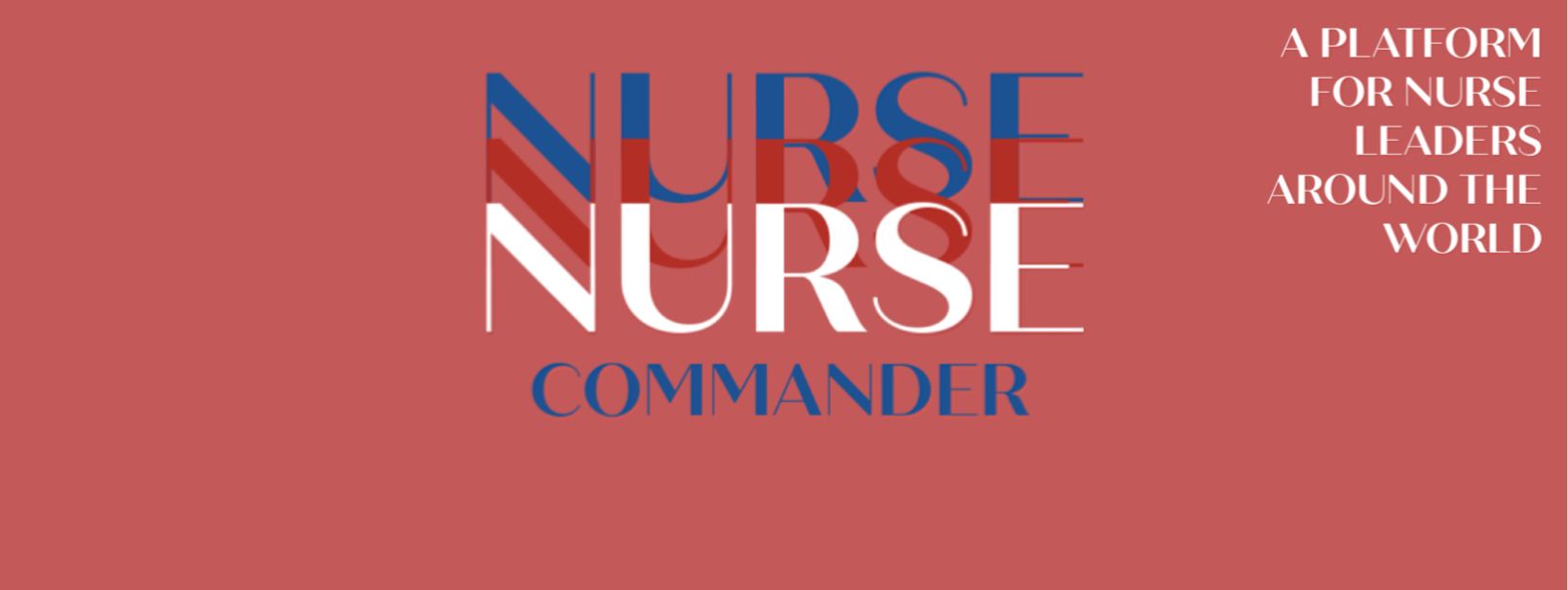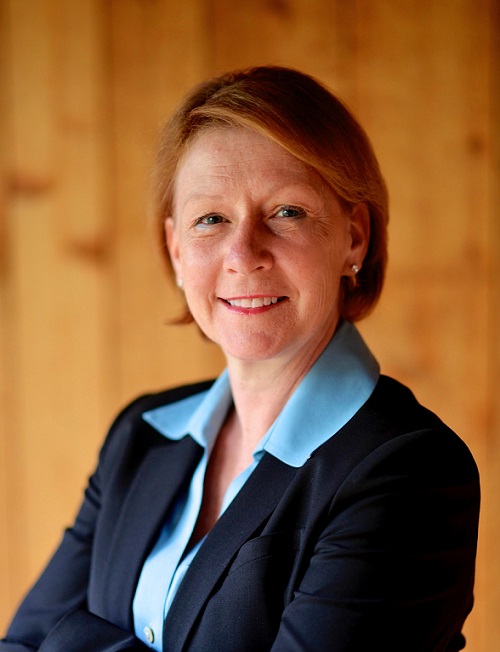Dr. Lisa Sundean PHD, MHA, RN is an Assistant Professor at the University of Massachusetts Boston College of Nursing and Health Sciences where she teaches Ethics and Health Policy at the undergraduate and graduate levels. She is a Jonas Leadership Scholar Alumna, Fellow of the New York Academy of Medicine, consultant for the Center to Champion Nursing in America, and former Statewide Director for the Connecticut Nursing Collaborative-Action Coalition. During the COVID-19 crisis, Dr. Sundean recognizes her place as a public intellectual with students, peers and the community. This requires her to “… stay abreast of current news and scientific updates so I can be prepared to answer questions, validate information, and clarify misinformation.” She reminds us that the current crisis is demonstrating to the public why nurses have been consistently ranked the most trusted health care professionals 18 years in a row. However, Dr. Sundean points out, “The media has been very good at showing nurses struggling on the frontlines dealing with the stresses of the current crisis, and while these struggles are real and need to be addressed from multiple perspectives, nurses also need to be portrayed in the media as the powerful problem solvers we are, fully capable of tackling complex issues – which nurses are doing every day. It is important for nurses to present themselves as public intellectuals, to network and develop relationships with the media in order to portray the strength and intellect of the nursing profession during this time and always.”
Dr. Sundean adamantly believes nurses belong at decision-making tables where deliberations and discussions about health occur. “Nurses understand the human condition whether that is translated into bedside care, education, or operational and technical decision-making roles. Nurses serve the health needs for individuals, populations, and communities. With these perspectives, nurses bring critical information to decision-making tables.” As a nurse educator, Dr. Sundean empowers her students to use their knowledge to speak truth to power wherever they are. She believes nurses must step forward proudly and boldly and be actively involved in decision-making spaces. About her work with students, Dr. Sundean said, “I encourage my students to consider running for public office, to write health policy memos and to talk with policy-makers to get their voices heard. Advocacy is part of nurses’ ethical obligation and a natural extension of caring.”
Being a nurse educator during the COVID-19 crisis requires understanding about where students are emotionally, intellectually, and physically, according to Dr. Sundean. She acknowledges the many stressors created by the crisis and tries to balance them with expectations for maintaining high academic excellence standards during the transition to remote learning. “Many graduate and undergraduate students are working on the frontline while transitioning to remote learning. Undergraduates are anxious and excited about starting work and contributing on the frontlines. Many are stressed by the transition to remote learning. Some are fearful of contracting the virus. Not everyone has a dedicated workspace, home offices, or easy access to internet. Many are struggling to balance homeschooling children and caring for family members. I always try to give them the best academically and under the current circumstances, I need to be very cognizant that students’ basic needs are being met too. If their basic needs are not being met, the educational experience is lost. We have to think about Maslow’s Hierarchy.” To meet these needs and provide a strong educational experience for students, Dr. Sundean has modified her teaching in the following ways:
- Offer more advising time for students.
- Whenever possible, allow a check-in period with students at the start of classes to gauge students’ needs, distractions, and attentional capability – and adjust didactic content delivery accordingly to maximize learning.
- Switch seminar style classes to include more recorded lecture with PowerPoint slides that students can go back to with greater focus.
- Nurse leaders need to be positive, calm, and offer steady reassurance and hope during any crisis.
- Set priorities and be flexible to meet ever-changing demands.
- Practice self-care.

